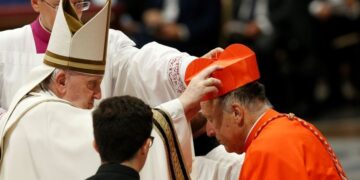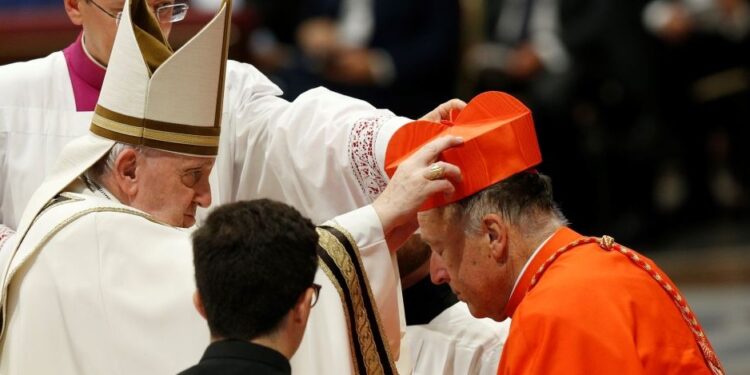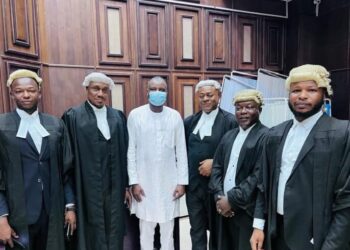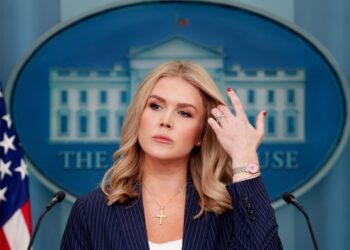By John Ikani
Pope Francis on Saturday inducted 20 cardinals from around the world, choosing men who mostly agree with his vision of a more progressive and inclusive Church and influencing their choice of his eventual successor.
Of the churchmen being named new cardinals in the consistory ceremony at St. Peter’s Basilica, 16 are younger than 80 and thus eligible to participate in a conclave — the ritual-shrouded, locked-door assembly of cardinals who cast paper ballots to elect a new pontiff.
The 85-year-old Francis has now named 83 of the 132 cardinals currently young enough to join a conclave. The others were appointed by the previous two popes, St. John Paul II and Benedict XVI, whose unexpected retirement in 2013 paved the way for Francis to be elected.
With the eight batches of cardinals Francis has named, prospects are boosted that whoever becomes the next pontiff will share his vision for the future of the church.
The 20 new cardinals come from Britain, South Korea, Spain, France, Nigeria, Brazil, India, the United States, East Timor, Italy, Ghana, Singapore, Paraguay, and Colombia.
Francis reminded the cardinals of their mission, which he said includes “an openness to all peoples, to the horizons of the world, to the peripheries as yet unknown.”
“A Cardinal loves the Church, always with that same spiritual fire, whether dealing with great questions or handling everyday problems, with the powerful of this world or those ordinary people who are great in God’s eyes,” Francis said.
Sitting before the main altar of St. Peter’s Basilica, Francis asked them to remember “poor families, migrant and homeless persons.”
He read his homily in a strong voice, often going off script, even to joke about a Rome priest who was so close to his parishioners that he knew not only all their names, but also the names of their dogs.
Francis, elected as pope in 2013, has now chosen 83 of the 132 cardinal electors, or about 63%.
With each consistory, Francis has continued what one diplomat has called a “tilt towards Asia,” increasing the likelihood that the next pope could be from the region that is a growing economic and political powerhouse.
Reuters, Agencies




































